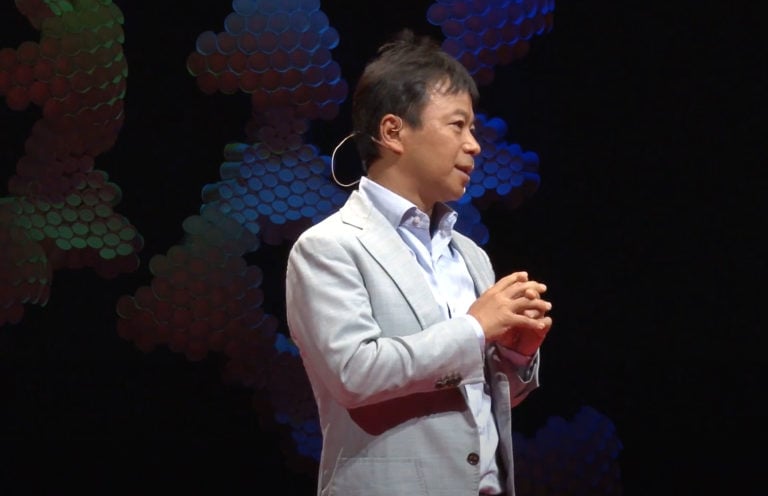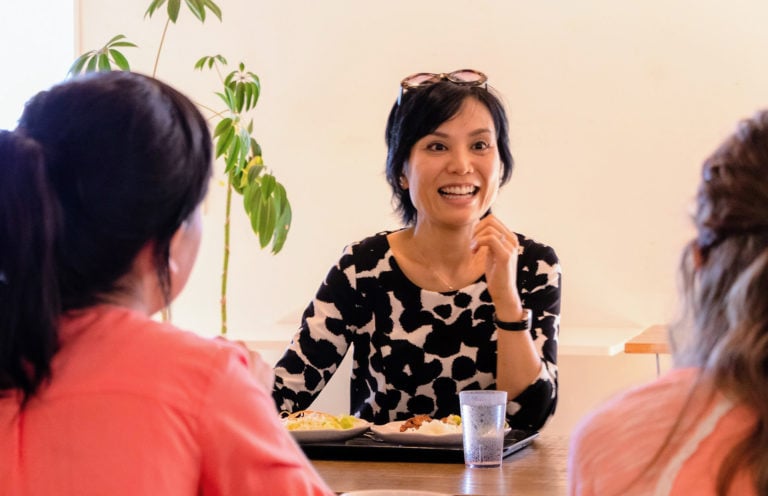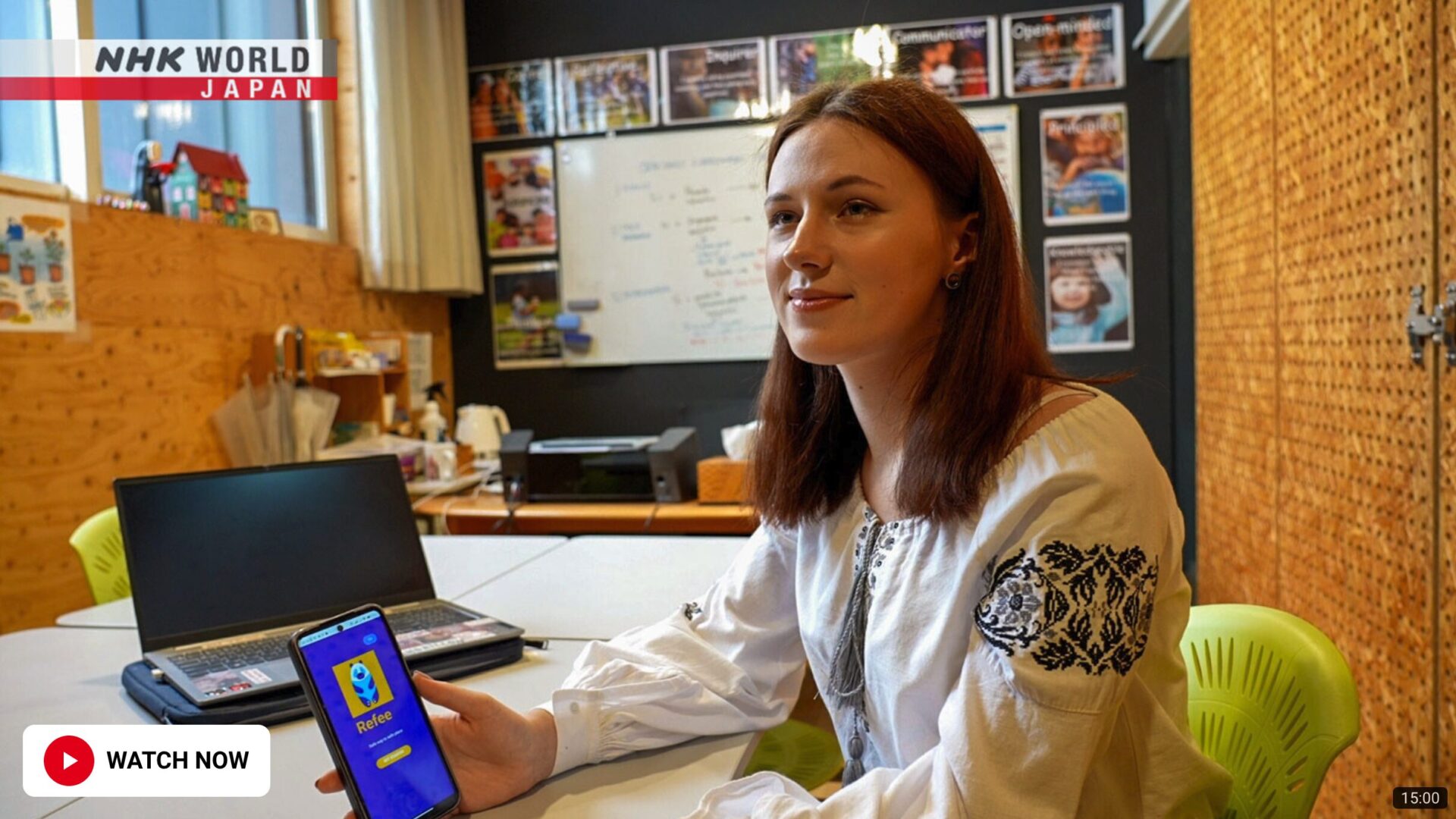
Anastasiia, affectionately known as “Nastia,” https://www3.nhk.or.jp/nhkworld/en/shows/2105113/a Grade 12 student at UWC ISAK Japan, and her peers, Sofiia and another Anastasiia, have been honored with the International Children’s Peace Prize. Their dedication to aiding refugee children fleeing conflict in their native Ukraine garnered international acclaim. It was even featured in global media outlets, including the BBC and The Guardian. This prestigious award, previously bestowed upon notable young activists such as Greta Thunberg, Malala Yousafzai, and Rena Kawasaki, celebrates their significant impact on the lives of children affected by conflict.
With a staggering 43.3 million children displaced in 2022 due to conflict, accounting for 40% of all forcibly displaced individuals, the trio’s personal experiences fueled their drive to make a meaningful impact through innovative technology.
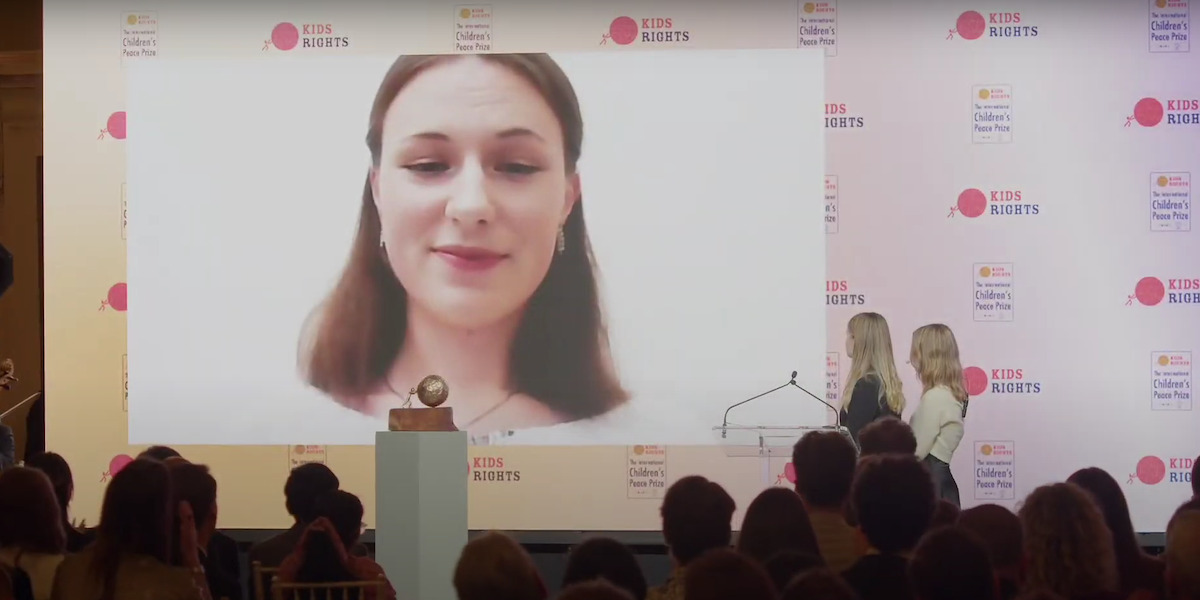
Supporting Ukrainian children refugees
To address the needs of these young refugees, the girls created two apps: “Refee” (a name derived from “refugee”) to assist children aged 4-11 in safely crossing borders, and “SVITY” (Ukrainian for “to shine”) to help those 16 and over integrate into new communities. The team registered their project as a non-governmental organization (NGO) in Ukraine named SVIT, which translates to “light,” in December 2022 before releasing their apps to the public in September 2023.
Nastia shared her reflections, saying, “This project helped me feel a sense of control when everything was falling apart.” She, along with her peers, initiated their collaboration during the UWC colleges application process via the Ukraine UWC National Committee for the 2022-23 academic year. The bond they formed there would set the stage for their impactful work.
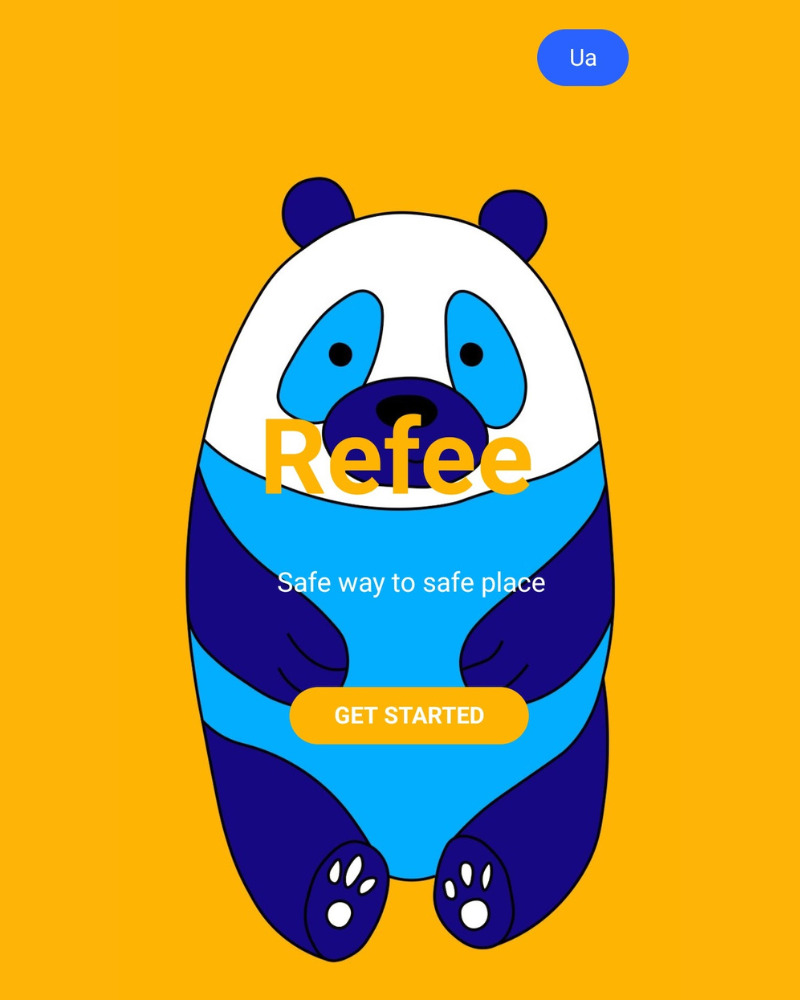
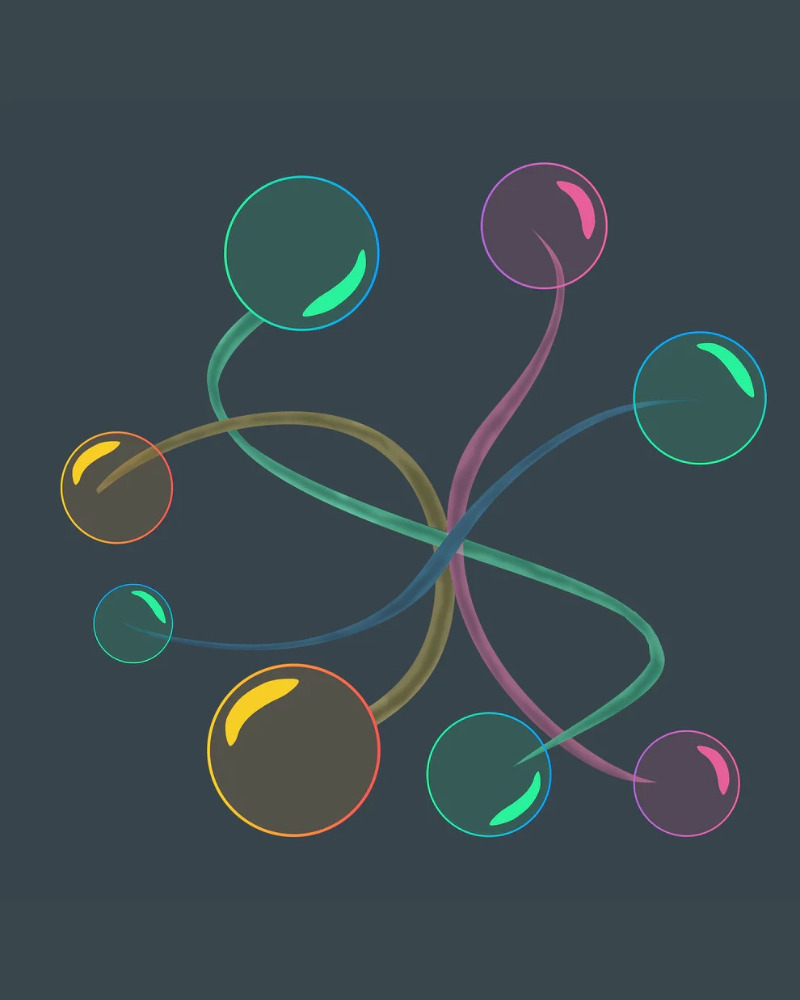
Inspired to innovate for Peace and children of Ukraine
While Nastia was the only one to enroll at UWC ISAK Japan, the trio maintained their connection. They discovered the Technovation Girls Award for Japan, which a separate group of UWC ISAK Japan students had won in 2021, and were inspired to apply just two days before the submission deadline. Initially, they considered creating an app to support isolated women on maternity leave. However, the conflict in Ukraine prompted a significant shift in their project’s focus. “This project helped me to feel a sense of control when everything was falling apart,” Nastia reiterated.
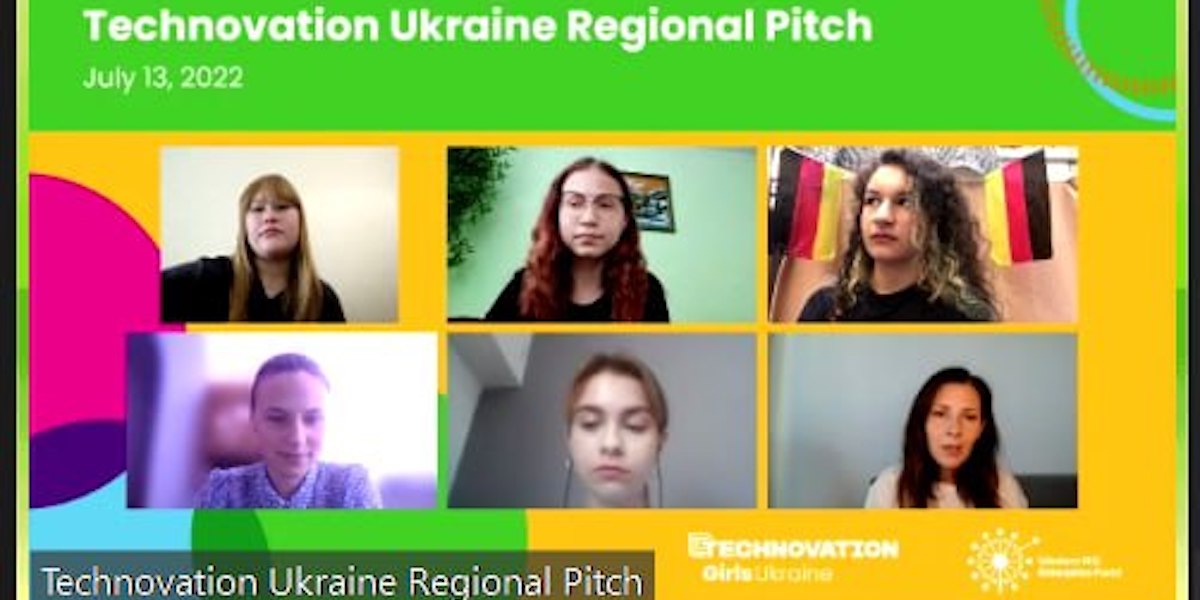
She credits her time at UWC ISAK as instrumental, particularly for developing SVITY, the app designed to assist young people with integrating into new communities. “Being at UWC ISAK helped a lot with the project. Living in a diverse environment helped me better understand integration since I am a foreigner in Japan myself,” Nastia explained. This international perspective enriched their project, allowing them to address the complexities of integration with firsthand understanding.
“We didn’t think the project would go on for more than a few months.”
The initial project didn’t win the Technovation Girls competition. Nevertheless, it went as far as the semi-finals and didn’t go unnoticed. Some Technovation Girls partners reached out to offer their help. Through this connection, the trio was put in touch with mentors from Google and their first donor, TE Connectivity.
Also, they picked a young female Ukrainian mentor to help them with their project: Daria, an alumna from the Technovation Girls program. She is still working with them today, mostly on coding the apps. Sofia also works on the code and design, while Anastasiia and Nastia work on Communications, reports, finances, etc.
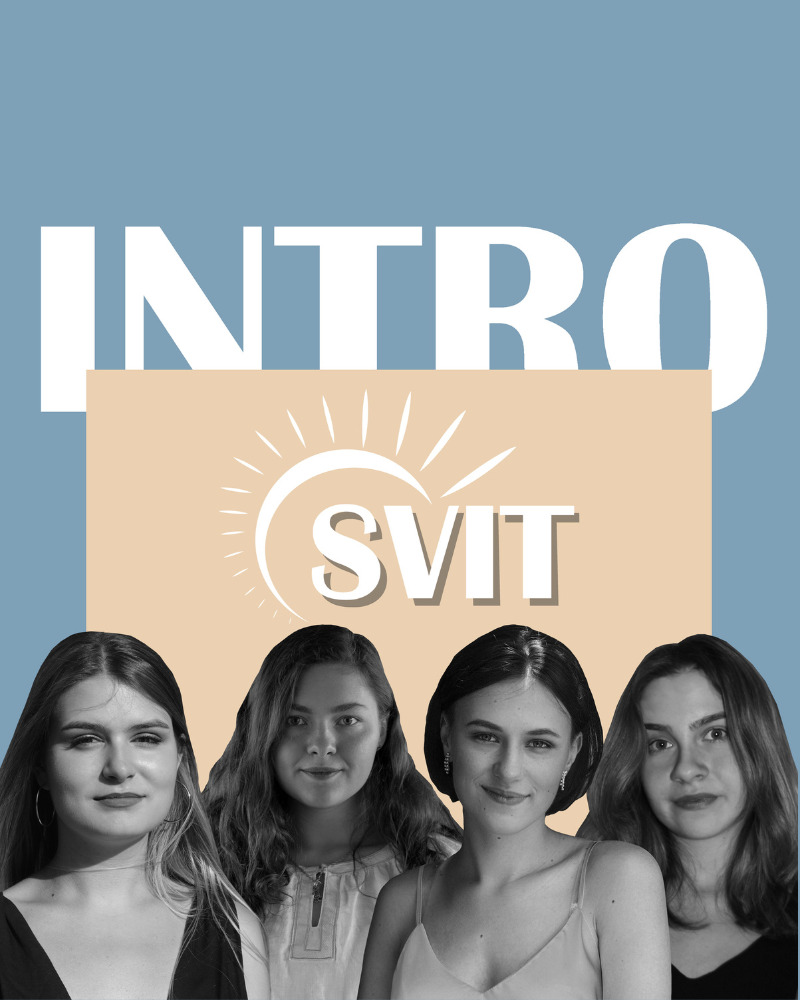
A hands-on leadership for Peace experience
Nastia acknowledges that leading a project driven by passion isn’t all roses. For the first time, the team had to navigate the complexities of managing significant funds, along with various unforeseen hurdles. Due to their global dispersion—with Nastia in Japan, Anastasiia in the US, Sofia in the UK, and Daria in Germany—coordination often meant late-night meetings for Nastia. “There were crisis moments,” she remembers, “especially when exams and other commitments clashed within our team.”
Travel restrictions imposed by their Ukrainian citizenship further complicated matters, preventing short-notice attendance at events and in-person team meetings. A visa delay prevented Nastia from attending the International Children’s Peace Prize ceremony in person, so she participated virtually and felt immense pride in their recognition.
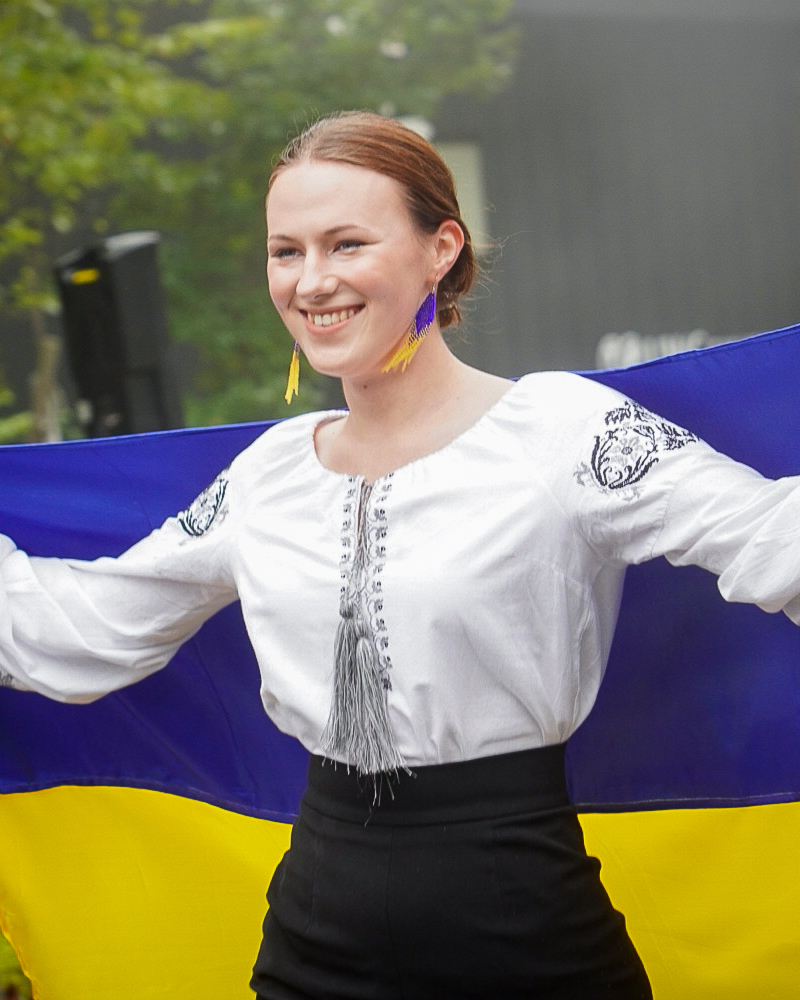
Despite these obstacles, the team’s resolve remained firm, united by their shared vision of creating a safer world for children in conflict zones. Nastia’s commitment to their cause is unwavering: “I want to continue this project for as long as it goes.”
Hopes for children to live in Peace, in Ukraine and beyond
Nastia is now in her final year at UWC ISAK Japan. She is applying to multiple universities in the US to study political science, hoping to become a politician in Ukraine. Her dream has stayed the same since arriving at UWC ISAK, and we look forward to seeing Nastia’s future achievements.
“[They] are true changemakers. And their apps will positively impact the lives of refugee children around the world by facilitating their effective integration in their host countries.”
Benyam Mezmur – Member of the UN Committee on the Rights of the Child and member of the expert committee for the International Children’s Peace Prize
Read other Leadership stories on our Leaders Beacon Blog.
